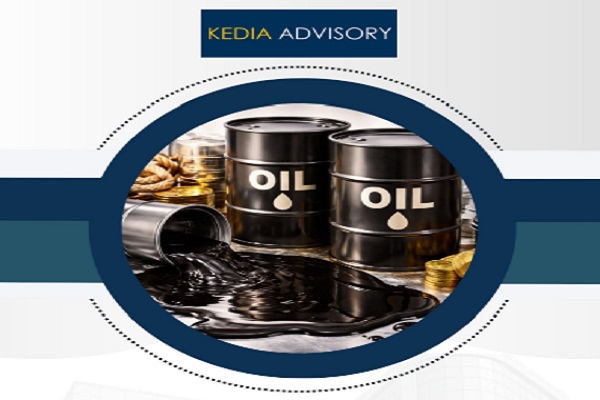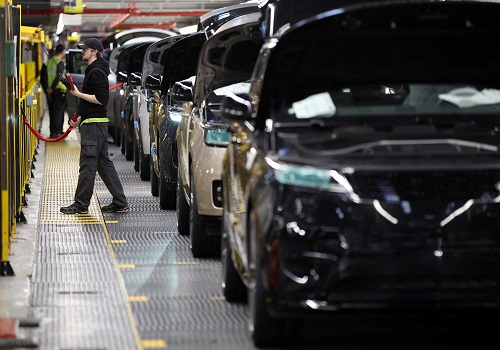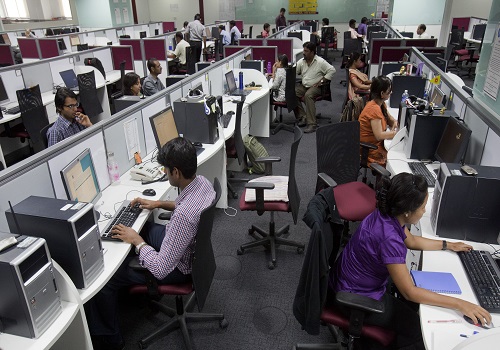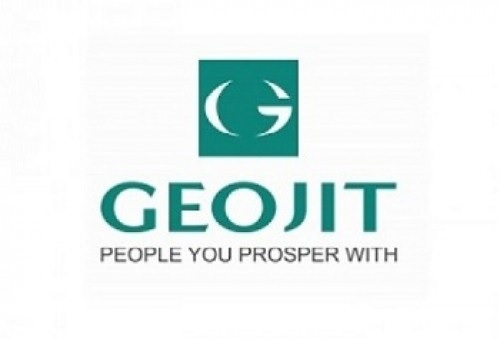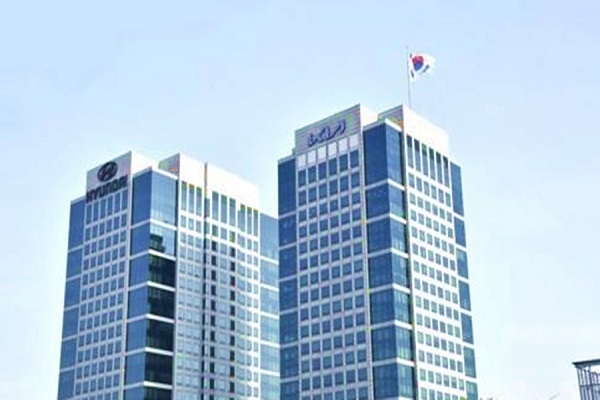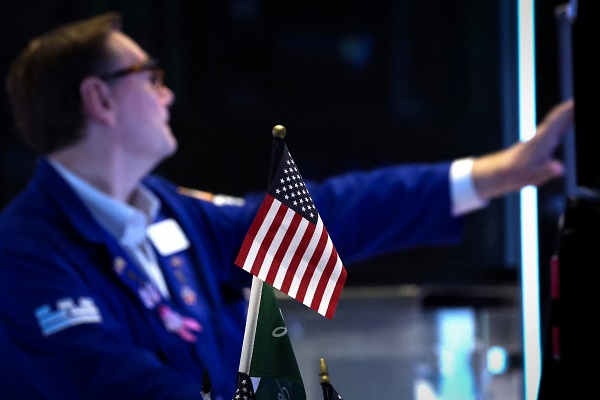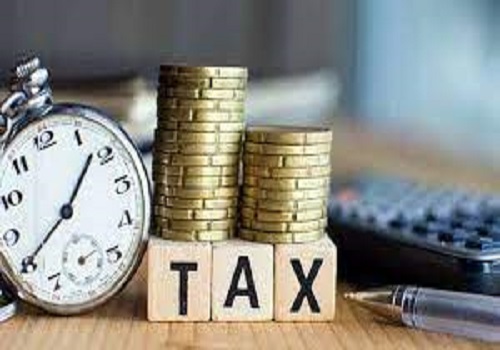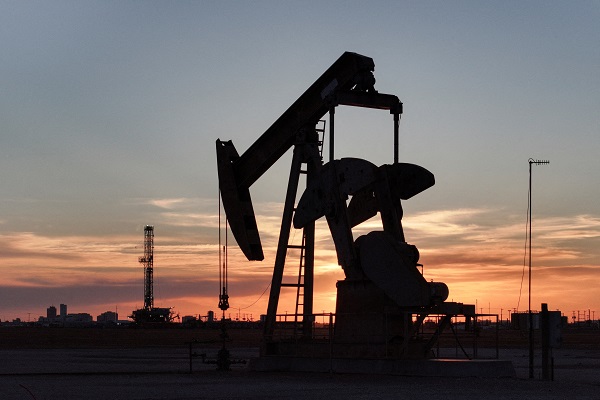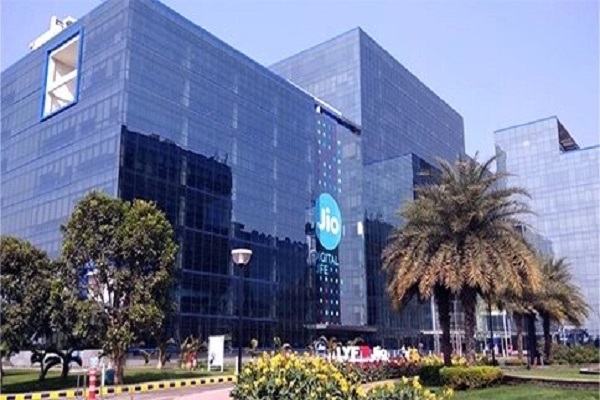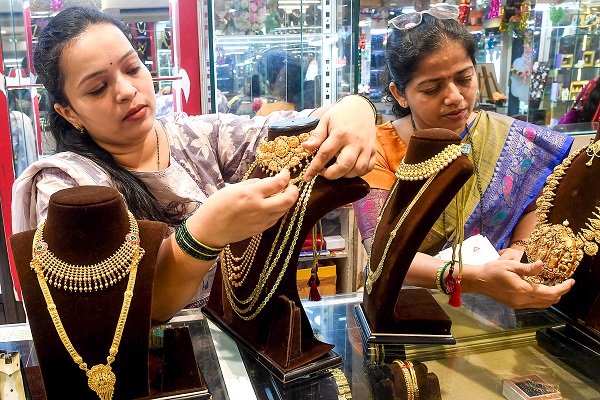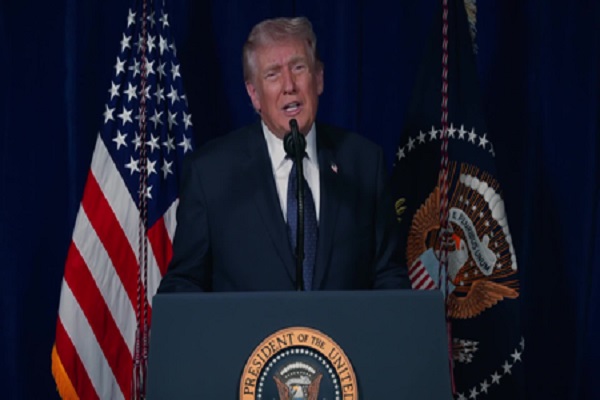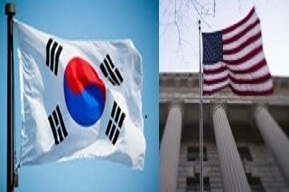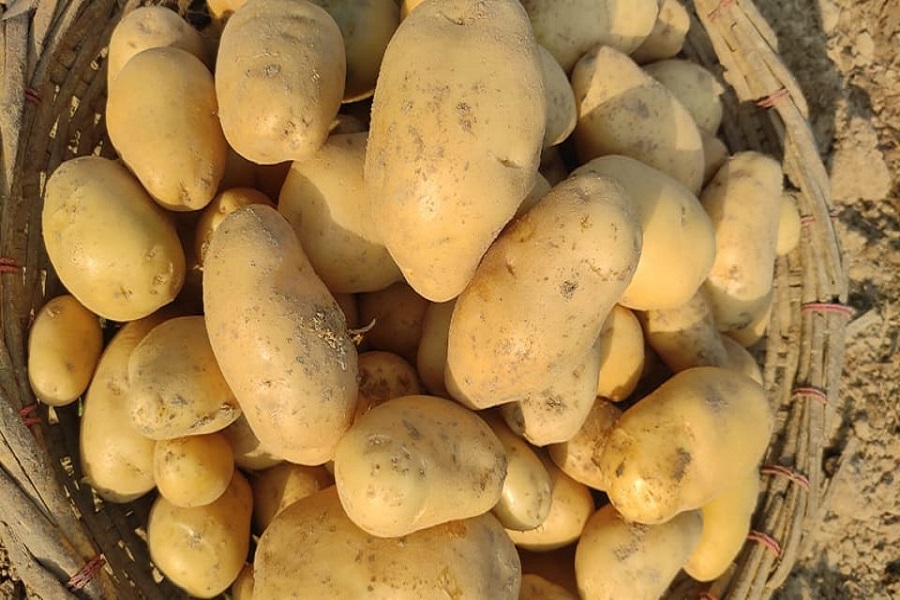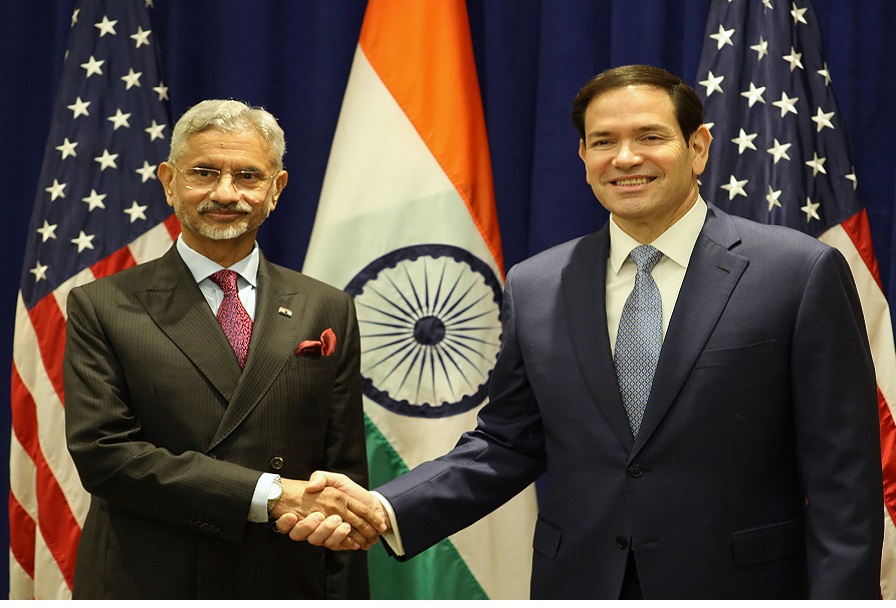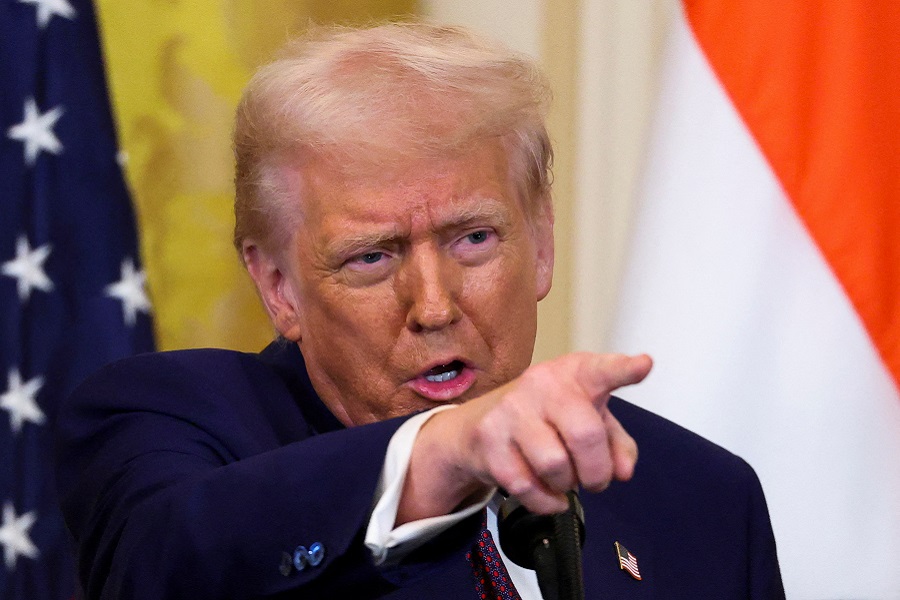South Korea unveils measures to boost critical mineral recycling amid global supply chain uncertainty
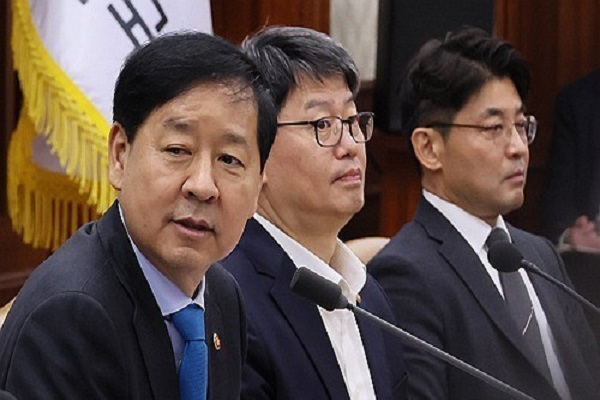
The South Korean government on Friday unveiled a plan to promote recycling of critical minerals by easing regulations and expanding financial and tax incentives, as part of its wider goal to stabilise supply chains, the industry ministry said.
The measures were announced during a supply chain meeting chaired by Finance Minister Koo Yun-cheol, amid rising global uncertainty in raw material supply chains due to rising tech rivalry and escalating geopolitical tensions, reports Yonhap news agency.
"The Asia-Pacific Economic Cooperation (APEC) summit in Gyeongju has become a meaningful turning point amid ongoing global economic uncertainty," Koo said, noting that the government expects the outcomes to positively contribute to South Korea's supply chain stability.
Critical mineral recycling refers to the process of reprocessing materials recovered from waste to produce critical minerals, which are essential for advanced industries.
The domestic critical mineral recycling market is expected to expand from 6.7 trillion won ($4.7 billion) in 2024 to 21.1 trillion won by 2040.
Despite the growth potential, high technological and capital barriers have hindered private sector expansion, with many companies lacking the resources for new investments, officials said.
The government aims to raise the recycling rate of 10 strategic critical minerals to 20 per cent by 2030 through regulatory reforms and industry support.
First, the government plans to reduce tariffs, considering global rates, the ministry said. Currently, major economies, such as Japan, the United States and the European Union, apply zero tariffs to key materials used in critical mineral recycling.
The government will also establish a joint council comprised of representatives from both the public and private sectors to identify promising recycling projects and provide direct investment through a supply chain stabilisation fund.
Additionally, the government plans to ease regulations on recycling material distribution by classifying some materials as "recyclable resources" rather than waste, reducing restrictions on transport and storage.
Separately, the government will operate a response team to support the supply of rare earth elements. Initiatives will include promoting investment in overseas resource development, developing technologies to reduce rare earth use and expanding public reserves.
The plan comes after China's announcement of tighter export restrictions on critical minerals, a move that has raised concerns over stable supplies for advanced industries, such as semiconductors and electric vehicles, South Korea's key export items.
In a positive move, U.S. President Donald Trump and Chinese President Xi Jinping yielded an agreement during their summit in South Korea on Thursday to remove restrictions on exports of Chinese rare earths.


